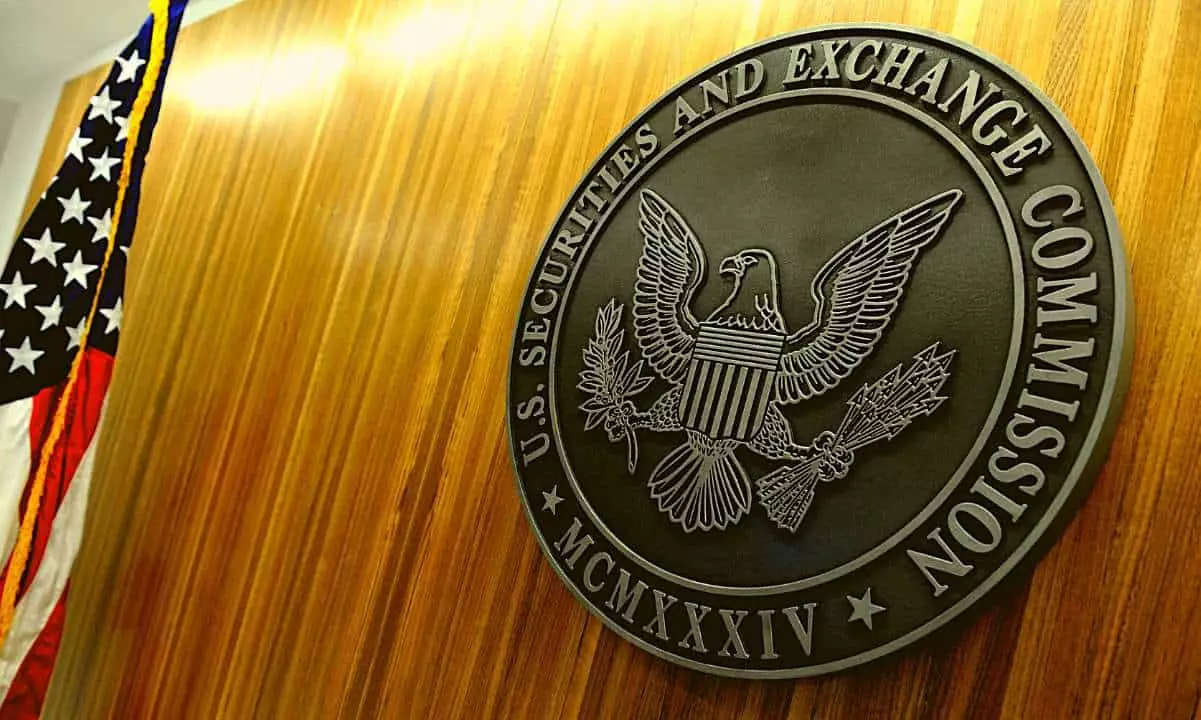The U.S. Securities and Exchange Commission recently announced a new set of charges against Galois Capital, a crypto-focused advisory firm with client assets at FTX. As a result of these charges, Galois has agreed to pay a civil penalty of $225,000, which will go towards compensating harmed investors. The SEC discovered that Galois failed to ensure that the crypto held by the private fund it was advising was stored with a qualified custodian, opting instead to hold them with unqualified crypto trading platforms like FTX.
The collapse of FTX resulted in significant losses for Galois’ clients, with approximately half of the fund’s assets under management being lost between early and mid-November 2022. In terms of sheer monetary value, the collapse of FTX marked the largest corporate crypto failure in history, causing customers to lose $8 billion and investors to lose $1.7 billion. Subsequent investigations and trials revealed that executives, including CEO Sam Bankman Fried, engaged in fraudulent activities, leading to the downfall of the exchange.
The aftermath of FTX’s collapse had far-reaching effects, with other firms that relied on FTX facing mass contagion and bankruptcies. While some entities like Gemini managed to recover most assets for their users, creditors of FTX are unlikely to fully regain their assets in terms of cryptocurrency. Galois’ actions, including misleading investors about withdrawal policies and exposing assets to various risks, have raised serious concerns about investor protection.
Corey Schuster, Co-Chief of the SEC Enforcement Division’s Asset Management Unit, emphasized the importance of holding advisors accountable for violating investor protection obligations. In response to the allegations, Galois agreed to pay the civil penalty and abide by an order preventing further violations of the Investment Advisers Act. Despite claiming to use Fireblocks as its crypto custodian, Galois faced scrutiny for not storing assets with a qualified custodian, as mandated by regulatory requirements.
The case of Galois Capital serves as a cautionary tale for advisory firms operating in the crypto space. Regulatory compliance and investor protection should be top priorities for all financial institutions, especially those handling digital assets. As the crypto industry continues to evolve, firms must adapt and adhere to stringent regulations to protect both themselves and their clients. Transparency, accountability, and adherence to best practices are crucial in fostering trust and stability in the burgeoning crypto market.
The charges brought against Galois Capital by the SEC underscore the importance of regulatory adherence and investor protection in the crypto industry. The firm’s actions have not only led to significant financial losses but have also eroded trust among investors and regulatory authorities. Moving forward, firms must prioritize compliance, transparency, and best practices to ensure the long-term viability and credibility of the crypto ecosystem.

